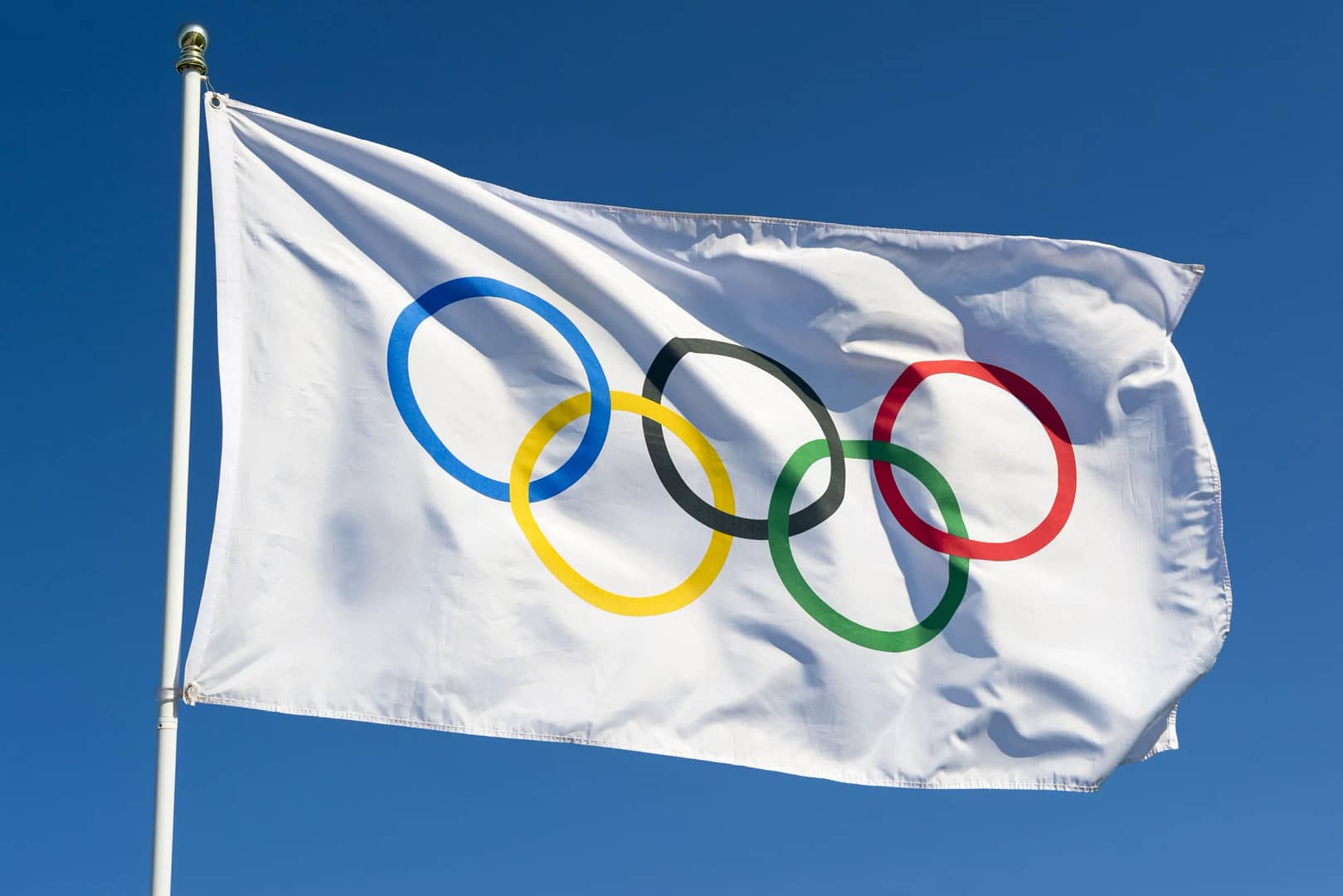With the closure of Olympic 2024 in Paris, Many countries are showing interest to host the Olympic 2036 in their Homeland. The journey towards the 2036 Olympic Games is already generating considerable excitement and anticipation. As the world looks forward to the next host city announcement, various countries are putting forth compelling bids to showcase their unique capabilities and vision for the Olympic movement. This article explores the potential bidders, their strengths, and the challenges they might face in securing the coveted opportunity to host the 2036 Olympics.
Potential Bidders for the 2036 Olympics
India
- Strengths: India has expressed a strong interest in hosting the 2036 Olympics, with cities like Ahmedabad and Delhi being potential candidates. The country boasts a growing economy, a large and enthusiastic sports fan base, and recent investments in sports infrastructure.
- Challenges: India faces significant challenges such as infrastructure development, political stability, and environmental concerns. The country will need to address these issues comprehensively to convince the International Olympic Committee (IOC) of its readiness.
Indonesia
- Strengths: Indonesia has proposed Jakarta as the main city for its bid, leveraging its experience from hosting the 2018 Asian Games. The nation’s strategic location and burgeoning tourism industry add to its appeal.
- Challenges: Similar to India, Indonesia must tackle infrastructure limitations and environmental issues. Additionally, ensuring political and social stability will be crucial for a successful bid.
Mexico
- Strengths: Mexico, with its rich cultural heritage and historical experience of hosting the 1968 Olympics, presents a compelling case. Cities like Guadalajara and Monterrey have shown interest.
- Challenges: Mexico will need to address security concerns, infrastructure development, and economic stability to strengthen its bid.
Read More : Hindenburg Research Makes New Allegations Against Adani Group: SEBI Under Scrutiny
Germany
- Strengths: Germany, a country with a strong sporting tradition, is considering a bid with multiple cities including Berlin and Hamburg. Germany’s robust infrastructure, economic power, and previous hosting experience (Munich 1972) work in its favor.
- Challenges: Public support is a critical factor. Previous bids, such as for the 2024 Olympics, faced public opposition. Overcoming skepticism and ensuring environmental sustainability will be key.
Qatar
- Strengths: Qatar, leveraging its successful hosting of the 2022 FIFA World Cup, is a serious contender. The country’s advanced infrastructure, financial resources, and strategic location in the Middle East enhance its bid.
- Challenges: Qatar must navigate concerns related to human rights, extreme weather conditions, and maintaining political stability in the region.
Turkey
- Strengths: Istanbul has long aspired to host the Olympics, and Turkey’s unique position straddling Europe and Asia provides a fascinating backdrop. The country has invested heavily in sports infrastructure.
- Challenges: Political and economic instability, along with environmental considerations, pose significant hurdles for Turkey’s bid.
United Kingdom
- Strengths: London, which hosted the Olympics in 2012, is contemplating another bid. The UK’s rich sporting history, robust infrastructure, and experience in hosting large-scale events bolster its position.
- Challenges: The primary challenge will be convincing the IOC of the viability of a repeat host within such a short timeframe. Ensuring public support and economic feasibility are also critical.
Key Factors for Successful Bids to host Olympic 2036 :
- Infrastructure and Facilities: Robust infrastructure is paramount. Host cities must demonstrate the ability to build and maintain world-class sports venues, transportation networks, and accommodation facilities.
- Public Support and Engagement: Securing public support is crucial. Previous bids have failed due to lack of local enthusiasm. Engaging the public through transparent planning and highlighting the long-term benefits of hosting the Olympics can be beneficial.
- Economic Stability and Funding: Financial stability and a clear plan for funding the event are vital. Cities must show they can handle the economic burden without long-term negative impacts.
- Environmental Sustainability: The IOC places significant emphasis on sustainability. Bidders must present environmentally friendly plans that align with the IOC’s sustainability agenda.
- Political Stability and Security: Ensuring a safe and secure environment for athletes and visitors is non-negotiable. Political stability and effective security measures are critical for a successful bid.
- Cultural and Global Appeal: The ability to showcase cultural richness and global inclusivity can significantly enhance a bid’s appeal. Cities that can offer a unique cultural experience have an advantage.
Conclusion
As the race for the 2036 Olympic Games heats up, the potential host cities are gearing up to present their best cases to the IOC. Each bidder brings unique strengths and faces distinct challenges. The decision will ultimately hinge on the ability of these cities to demonstrate their readiness, enthusiasm, and capability to host a successful and memorable Olympic Games. The world watches with bated breath as the journey to Olympic 2036 unfolds.
Discover more from Midnight India
Subscribe to get the latest posts sent to your email.











